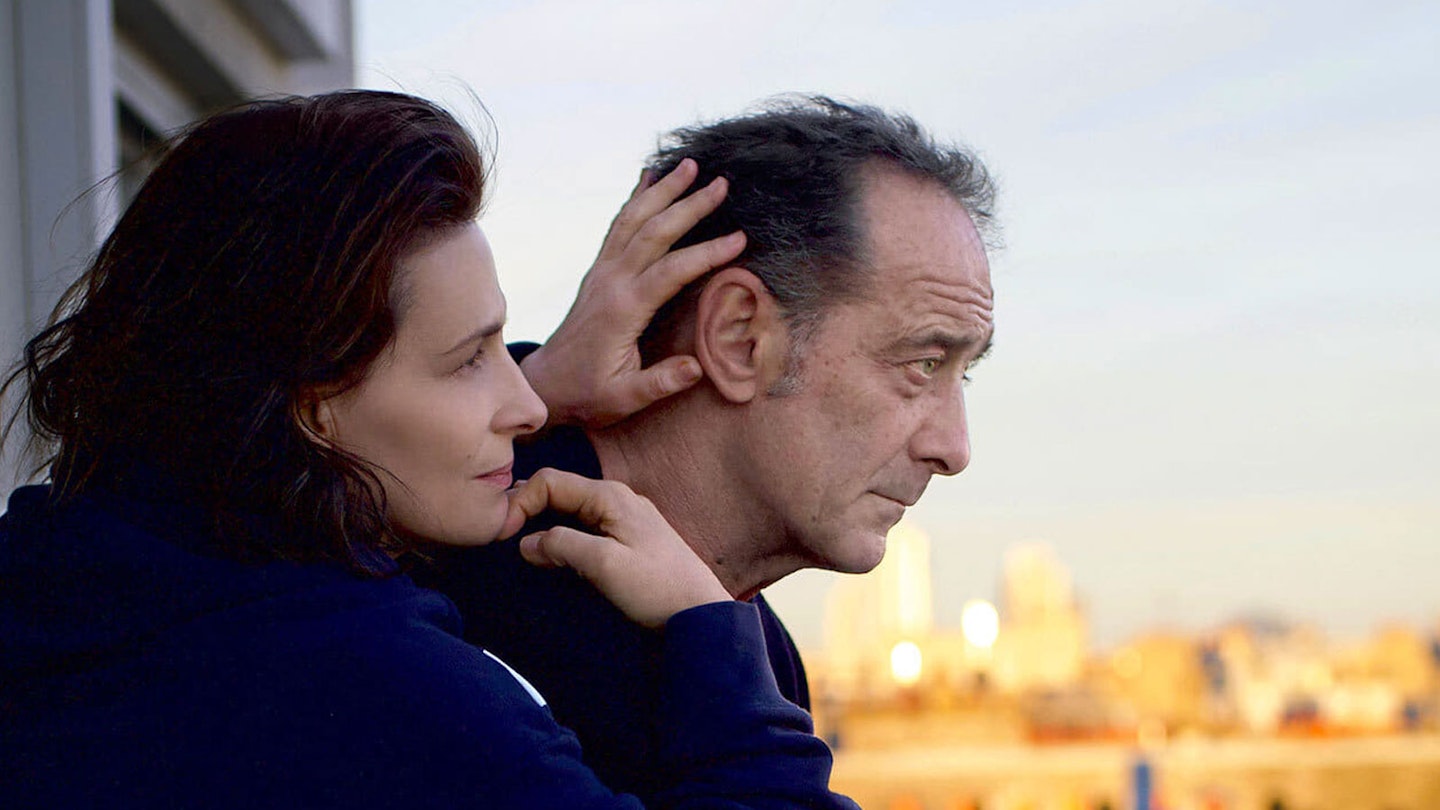In the hands of a true artist, even the most melodramatic scenario can feel profound. There's little in the narrative that Claire Denis has concocted with source novelist Christine Angot to distinguish it from dozens of other French studies of disintegrating bourgeois romances. But such is the finesse and acuity of Denis's direction that the most clichéd of occurrences take on some provocative, psychological resonance.

There isn't a cloud on the horizon in the opening sequence, as Sara and Jean share intimate moments in crystal clear coastal waters. The moment they return to Paris, however, a greyness closes in and when François resurfaces, awakening long-suppressed feelings, the pair start to pull apart physically and emotionally. Sara had been dating him when she met Jean, who, in protecting François, had been jailed in unexplained circumstances that had driven a wedge between Jean and the son from his marriage to a Martinican woman.
Denis's use of extreme close-ups that reinforce how detached Sara and Jean have become.
Denis and Angot (who had previously collaborated with Binoche on 2017's Let the Sunshine In) restrict François to the periphery, as Jean and Sara drift further apart in their compact apartment and keep witnessing each other having furtive phone conversations on the balcony. But while Eric Gautier's restless camerawork combines with the Tindersticks score to create a stifling unease, it's Denis's use of extreme close-ups that reinforce how detached Sara (who never really stopped loving François) and Jean have become and how trapped they are in a situation the manipulative François may or may not have deliberately devised.
This gnawing sense of doubt casts a Hitchcockian pall that somewhat overshadows the political content of Sara's radio interviews and the ongoing problems of Marcus (Issa Perica) and grandmother Nelly (Bulle Ogier) in the suburbs. But such is the intensity of Juliette Binoche and Vincent Lindon's performances that they're all we're really interested in.
